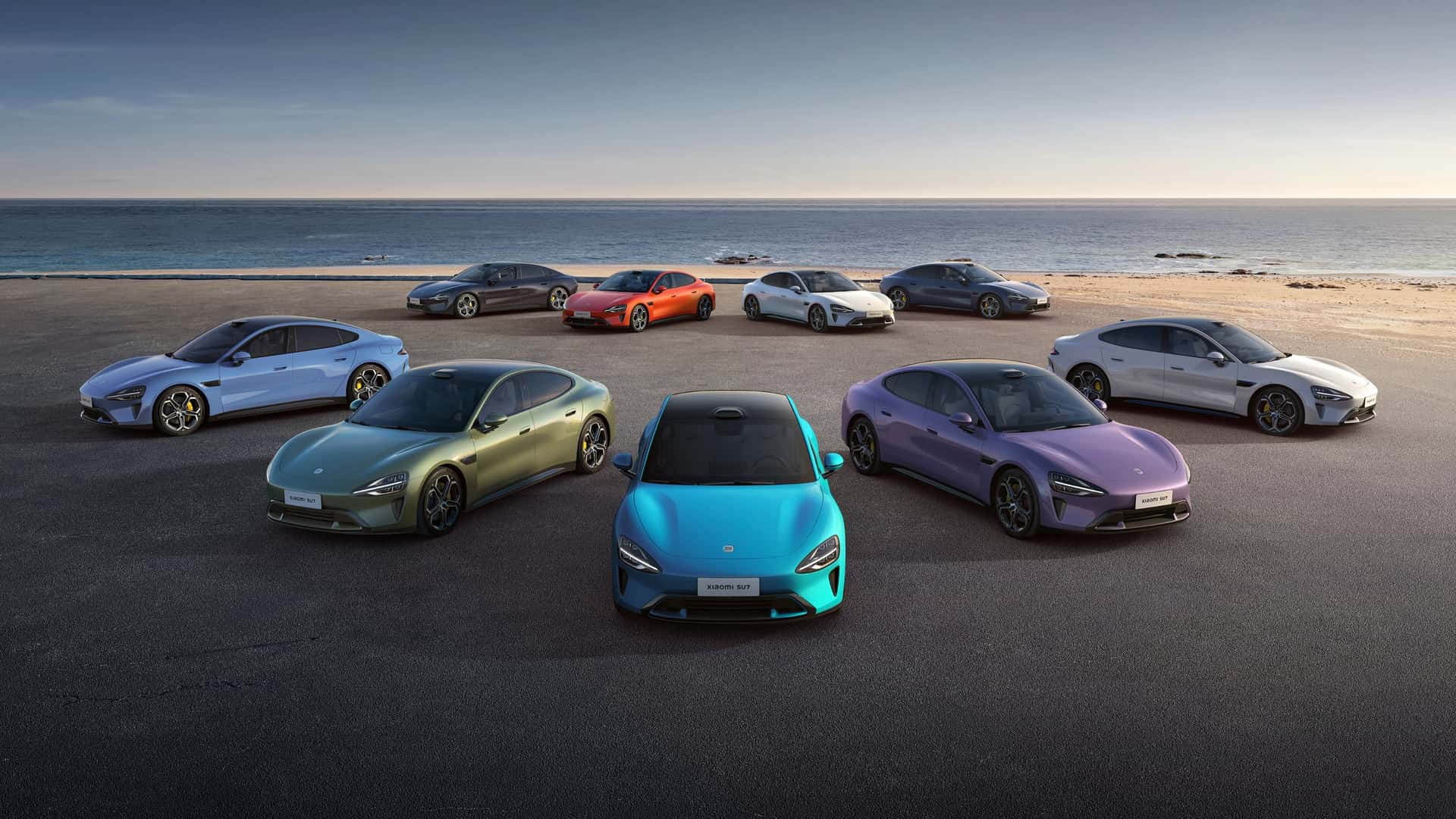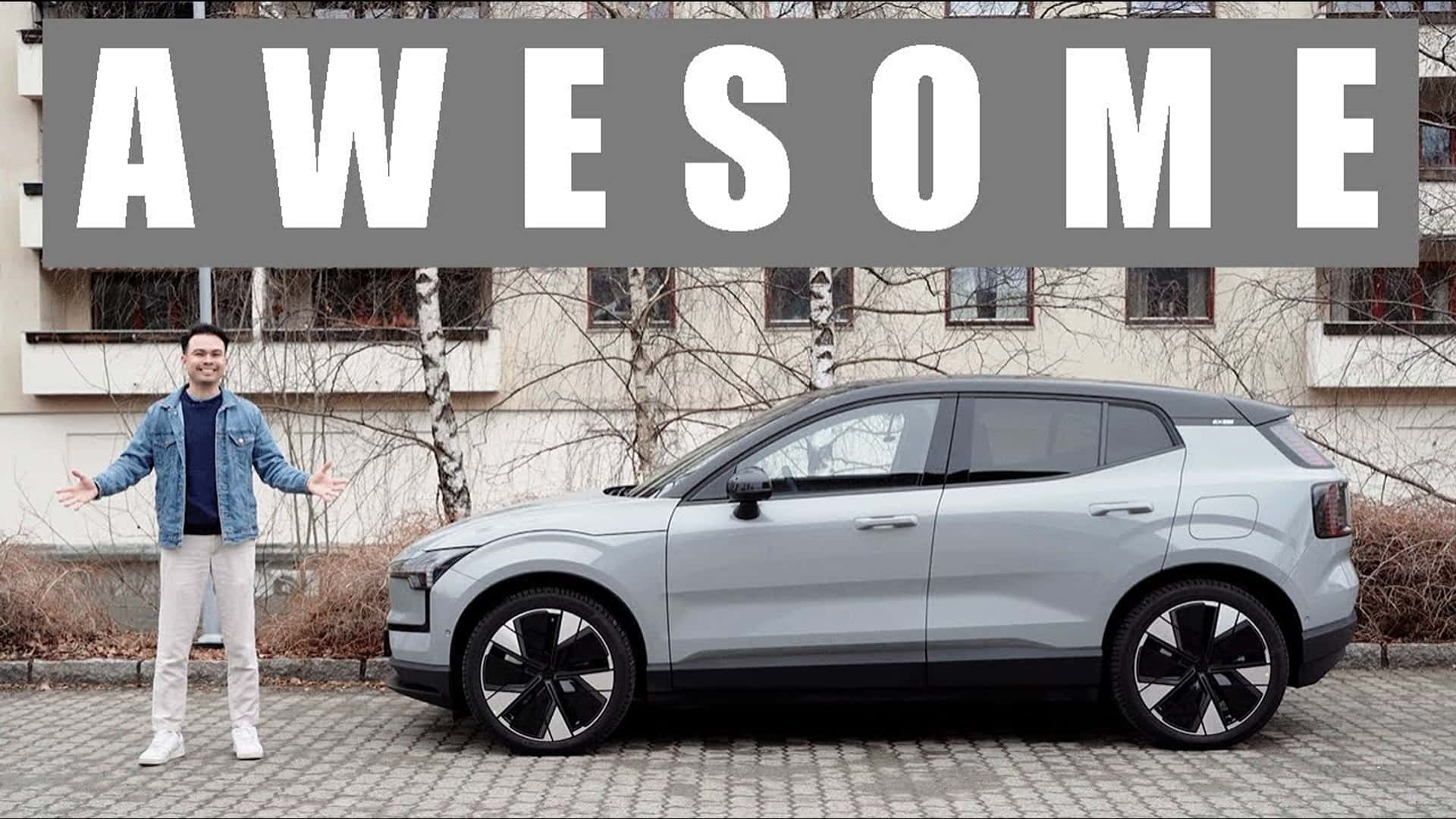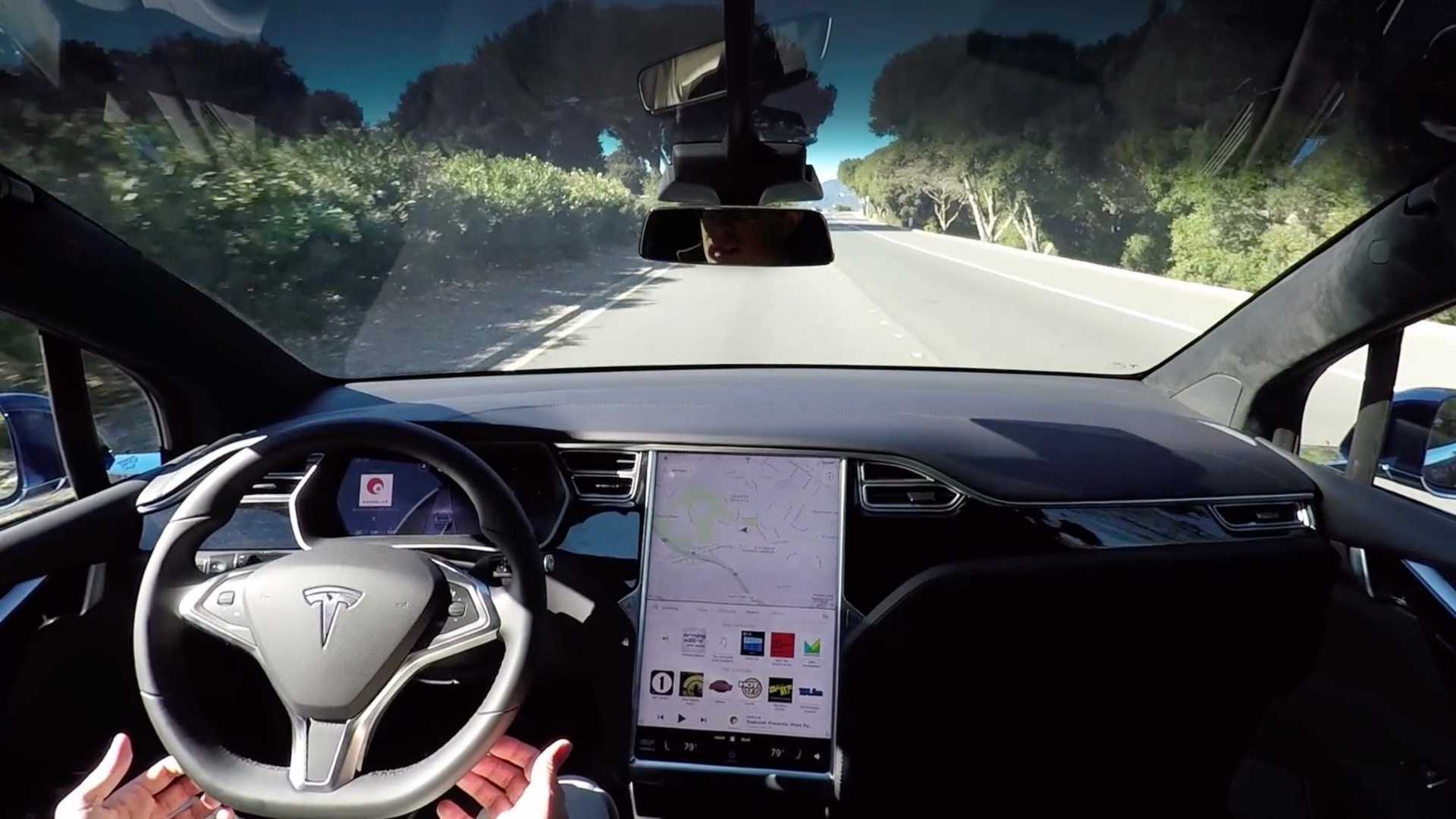
The Xiaomi SU7 was officially launched today, putting Tesla, and any other EV manufacturer on notice. Made by the Chinese smartphone giant that’s a rival to Apple and Samsung, the SU7 undercuts the Tesla Model 3 in price and amassed a whopping 50,000 preorders in 27 minutes. Ten thousand of those preorders came within the first four minutes of the order form opening.
Make no mistake: this is an impressive, affordable beast, even in the midst of a wildly competitive Chinese EV market. And it’s an example of a major smartphone and tech company delivering on an idea the Apple Car project never could.
Xiaomi’s Car Undercuts Tesla
Xiaomi is a Chinese tech giant, akin to Apple. The brand’s line of consumer electronics, including phones and tablets has enjoyed brisk sales inside and outside of China. The SU7 is its first foray into car making, and it aims to seamlessly integrate into the rest of Xiaomi’s tech ecosystem.
The SU7 used Xiaomi’s self-developed electric motors fed by batteries from either BYD or CATL. All but the base model have an 800V architecture, and most interestingly, the SU7 will be integrated seamlessly into Xiaomi’s existing line of phones, tablets, and connected devices.
The SU7 comes in three trims: Standard, Pro, and Max. The Standard trim is the cheapest model, at $29,990 (215,900 RMB). It is a single-motor, RWD car. The rear motor produces 295 horsepower and is fed by a 73.6 kWh LFP battery from BYD, which allows the SU7 to achieve 343 miles (700 kilometers) of range, albeit via the very forgiving CLTC cycle.
The midgrade SU7 Pro maintains the same rear motor, but upgrades the electrical architecture from 400V to 800V, and swaps the battery for a 94.3 kWh unit from CATL. The SU7 Pro is the range-leading trim; Xiaomi claims 515 miles of range (830 kilometers). The SU7 Pro is slightly more expensive, with the starting at $33,990 (245,000 RMB).
Actual max charging speeds haven’t been specified for either, but Xiaomi says that Standard and Pro models can add 217 miles or 316 miles in as little as 15 minutes, which is remarkably good.
The top trim SU7 Max does lose a bit of range, only 503 miles (810 km), from a larger 101 kWh battery. However, it gains a lot more power The SU7 Max gains a second motor, giving the car AWD and 663 horsepower. It’ll sprint to 100 km/h in as little as 2.78 seconds, and run to a max speed of 165 MPH. It has Xiaomi’s full suite of ADAS features called Xiaomi Pilot Max. This is all for the remarkably affordable price of $41,500 (299,900 RMB).
The base SU7 Standard undercuts the similarly sized Model 3 in China by about $4,000. In that market, a base Model 3 is $33,990 (245,000 RMB). The mid-grade SU7 Pro is priced identically to the standard range RWD Model 3 in China.
Both the SU7 Pro and Standard range can go further on a single charge compared to the Model 3. At $29,990, the Xiaomi SU7 Standard range is about the same price as the now-deceased Chevrolet Bolt LT.
Of course, its specs are impressive, but the car’s interconnectedness with the rest of Xiaomi’s line of consumer electronics gives it an edge over other EV manufacturers. Xiaomi even launched a new model of phone that can be color-matched to the SU7.
With that in mind, it’s easy to see why and how Xiaomi achieved 50,000 firm orders for the SU7. Within 27 minutes, Xiaomi had convinced buyers to plonk down $691 (5000 RMB) for a reservation that becomes non-refundable after seven days.
Tesla, and every other EV maker in China, are in trouble. Tesla’s Q1 delivery and earnings report is expected to be pretty dour and that’s largely because of its dwindling market share in China; with the homegrown competition being this good, it’s easy to see why.
I don’t think the world understands just how much star power Xiaomi has in its home market of China, nor do we comprehend technical expertise. On paper, this thing looks to beat the brakes off the Model 3, and so many of its competitors for for a lot less money.
Months ago, Xiaomi CEO Lei Jun said that he wanted the brand to become a top global automaker within 15 to 20 years. If Xiaomi keeps this up, Jun may get his wish, to the chagrin of everyone else.
Contact the author: kevin.williams@insideevs.com



